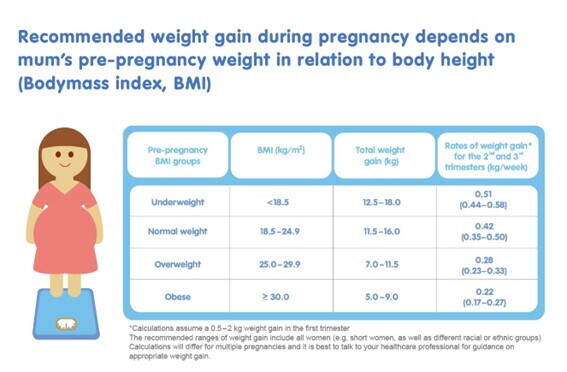
Essential guide to pregnancy: your questions answered
Discover crucial information for expectant parents, including antenatal testing, prenatal appointments, coping with anxiety, managing weight gain, and easing morning sickness.
Your checklist of antenatal testing questions
When preparing for your pregnancy journey, understanding antenatal testing is vital. Here are essential questions to ask:
- Are there any other tests that may be relevant based on your age and medical/genetic history?
- When will the antenatal tests be carried out?
- How are the antenatal tests conducted?
- Is it permissible to bring someone for support during the tests?
- How long will it take to receive the results?
- What is the level of accuracy for each antenatal test?
- Where can I find support or therapy if I need someone to talk to?
Questions to ask at your first prenatal appointment
Your first prenatal appointment is an opportunity to gather vital information. Consider asking the following:
- What are the risks of health problems or complications associated with my pregnancy?
- Are there any upcoming screenings I should be aware of?
- What should my pregnancy diet include? What foods should I avoid?
- What pregnancy exercises are recommended, and how much should I engage in them?
- What are the guidelines regarding sex during pregnancy?
- Is it safe to travel during pregnancy?
- Are there beauty products I should avoid?
- How can I ensure sun safety during my pregnancy?
- What medications are safe while pregnant? Bring a list of any medications you are currently taking.
- Which antenatal vitamins and supplements are recommended?
- When do antenatal classes start, and where are they held?
- What should I expect regarding pregnancy weight gain?
- What is gestational diabetes (GDM), and how can I manage it?
- What are the safe sleeping positions during pregnancy?
- Which common pregnancy symptoms require medical attention?
- When should I start planning my birthing plan?
- What delivery options are available?
- What pelvic floor exercises should I do?
- When will I receive my maternity certificate for leave?
- How do I book my 12-week scan?
How to cope with first trimester anxiety
Pregnancy can be a time of excitement and anxiety. Here are strategies to help manage anxiety during the first trimester:
- Talk to your loved ones; sharing your feelings can be incredibly beneficial.
- Remember that it’s normal to feel anxious—don’t feel guilty or embarrassed.
- Stay active; gentle exercise is good for both you and your baby.
- Prioritize rest when needed.
- Set aside “me time” each day for relaxation—consider a warm bath or a soothing podcast.
- Seek practical help from family and friends for daily tasks.
- Connect with others in similar situations through forums or local groups.
- Limit caffeine intake; there are recommended guidelines for pregnant women.
- Focus on eating well—proper nutrition is crucial during this time.
- Engage in self-care activities, such as relaxation massage or meditation.
- Utilize mindfulness apps to help manage stress.
- Practice simple breathing exercises.
- Write down small weekly goals to help regain control.
- Reach out to your healthcare provider for additional support if needed.
Pregnancy weight gain
Maintaining a healthy weight during pregnancy is essential for both you and your baby. Your healthcare provider will monitor your weight gain to ensure it remains within a healthy range. Eating a balanced diet will help support your body as it nurtures another life.

Morning sickness: Ease the quease
Morning sickness is a common early sign of pregnancy, often caused by hormonal changes that heighten sensitivity to taste and smell. Here are some remedies to help you cope:
- Eat frequent, small meals to keep blood sugar levels steady and minimize nausea.
- Choose slow-release carbohydrates for breakfast, such as whole grain cereals or eggs on toast.
- Snack on light foods like crackers, baked potatoes, or fruit.
- Avoid rich and greasy foods that may prolong discomfort.
- Ensure you get enough sleep to help your body recover and relax.
- Manage stress levels, as anxiety can exacerbate nausea.
- Rise slowly from bed to reduce dizziness.
- Limit spicy foods that may worsen nausea.
- Keep your kitchen well-ventilated to minimize cooking odors; consider eating cold foods.
- Stay hydrated by drinking water or sucking on ice.
- Engage in light exercise to alleviate stress and improve sleep quality.
- Consult your doctor if nausea becomes severe; there may be safe anti-nausea medications available.
As you embark on this remarkable journey of parenthood, remember that knowledge is power. Equip yourself with the right information and support for a healthy pregnancy.
Join FamilyNes today! Sign up to receive personalized material and expert advice tailored to your family's needs. Embrace the journey of parenthood with confidence!

































